Science & Research
Research Projects
In collaboration with leading researchers and institutions, Thomas Hübl conducts innovative research projects on collective healing. These projects provide important insights for the scientific and therapeutic practice of trauma healing.
Epigenetics Study
Planned publication date: 2025

In collaboration with the Helmholtz Center in Munich and the University of Luxembourg, we are investigating the effects of the Timeless Wisdom Training on participants’ epigenetic changes.
Our aim is to measure the molecular impact of therapeutic interventions by using advanced DNA methylation analysis to investigate potential changes in gene activity related to stress, trauma, and resilience. Check back in 2025 when the data analysis is complete and final results are available.
Trauma-Informed leadership
Publication date: 2024

This research report by The Pocket Project offers valuable insights into the effectiveness of integrating trauma-informed principles into leadership positions. The study highlights the importance of trauma-informed leadership and how it builds trust, safety, and ownership in teams and communities.
The findings contribute to our understanding of effective leadership strategies that support collective trauma integration to drive positive change. Learn more here.
Global Social Witnessing
Publication date: 2024
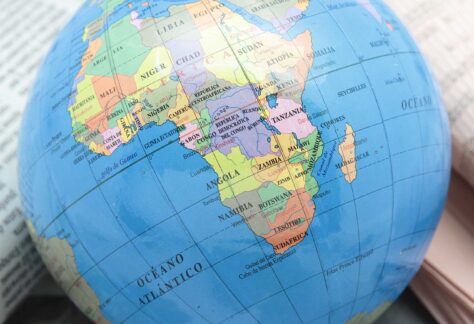
The Global Social Witnessing Toolkit addresses the challenge of responding to suffering in the world in a meaningful way. The toolkit was developed by various partners, including Prof. Matoba Kazuma from Witten/Herdecke University, and funded by the European Union.
The study highlights the importance of staying emotionally connected and compassionate even when faced with disturbing news. The results show how Global Social Witnessing fosters a deeper sense of connection and responsibility, enabling individuals to engage with the world in a more authentic and constructive way. Learn more here.
Collective Trauma & Democracy
Publication date: 2022
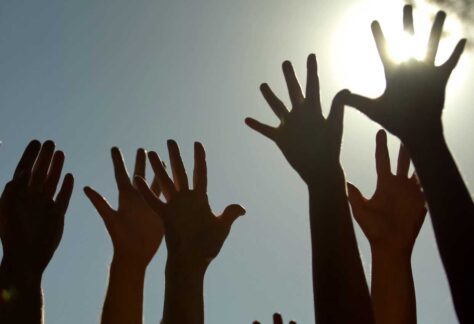
In an innovative pilot project with SenseMaker, over 600 micro-narratives were analyzed to understand collective trauma integration in the context of democracy, crisis, and polarization. Collaborators included More Democracy, the Research Institute for Sustainability Potsdam, Complexity Partners, the Institute for Integral Studies, and the Cynefin Company.
We discovered a significant shift towards a positive perception of democracy, increased self-efficacy, and improved dialog skills among 350 German citizens after a collective trauma integration process emphasizing trauma-sensitive, co-creative communication in times of crisis. Learn more here.
Meditation Study
Publication date: 2010

Under the direction of Dr. Ulrich Ott from the Bender Institute of Neuroimaging (BION) at Justus Liebig University Giessen, this scientific study investigated the effects of meditation on performance, independence, and creative power. Over one year, TWT participants who meditated regularly were compared with a control group who did not practice meditation.
Standardized questionnaires were used to collect data to measure mental health, mindfulness, depth of meditation, and its effects on everyday life and work. Neuroimaging methods recorded objective changes in brain activity and structure. Even after the first survey, participants reported an improved quality of life and self-efficacy. The paper is available here in German only.
Research Team
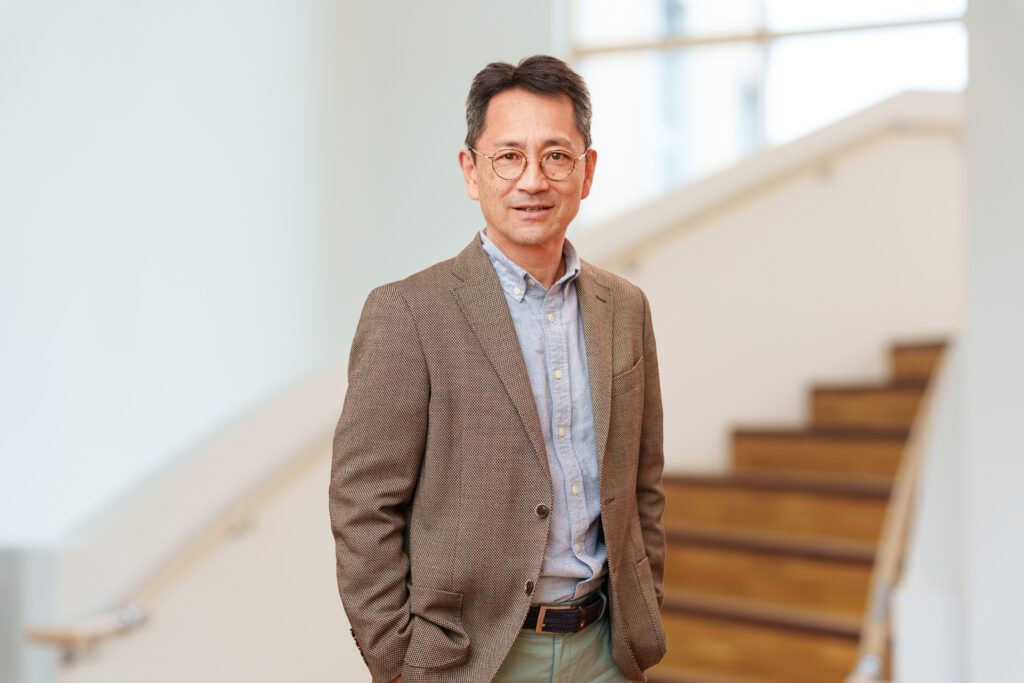
Kazuma Matoba
Kazuma was born in Kobe, Japan and received his doctorate in Duisburg, Germany. He has been Professor of Transformation at Witten/Herdecke University since 2022 and heads the research group “Global Social Witnessing and Collective Trauma Integration”.
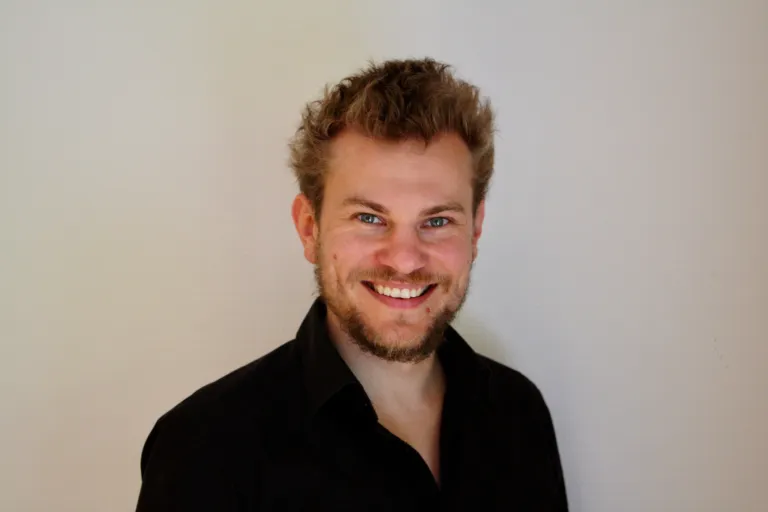
Adrian Wagner
Adrian is a PhD student specializing in “Global Social Witnessing and Collective Trauma Integration”. He is the founder of the Black Forest School of Metamodernism and co-organizer of the Global Social Witnessing Conference Lab.
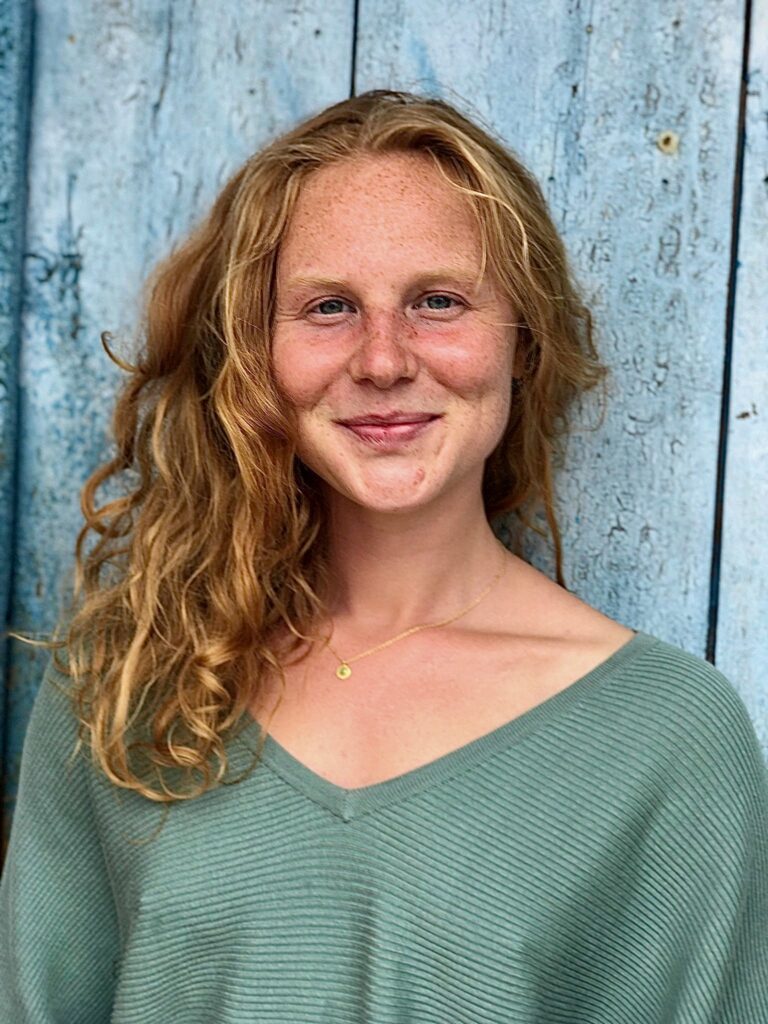
Miriam Gemander
Miriam studied clinical psychology and psychotherapy at the University of Witten-Herdecke. She is a trainer for stress management and currently works in a therapeutic center. Since 2022 she has been involved in research on collective trauma integration.
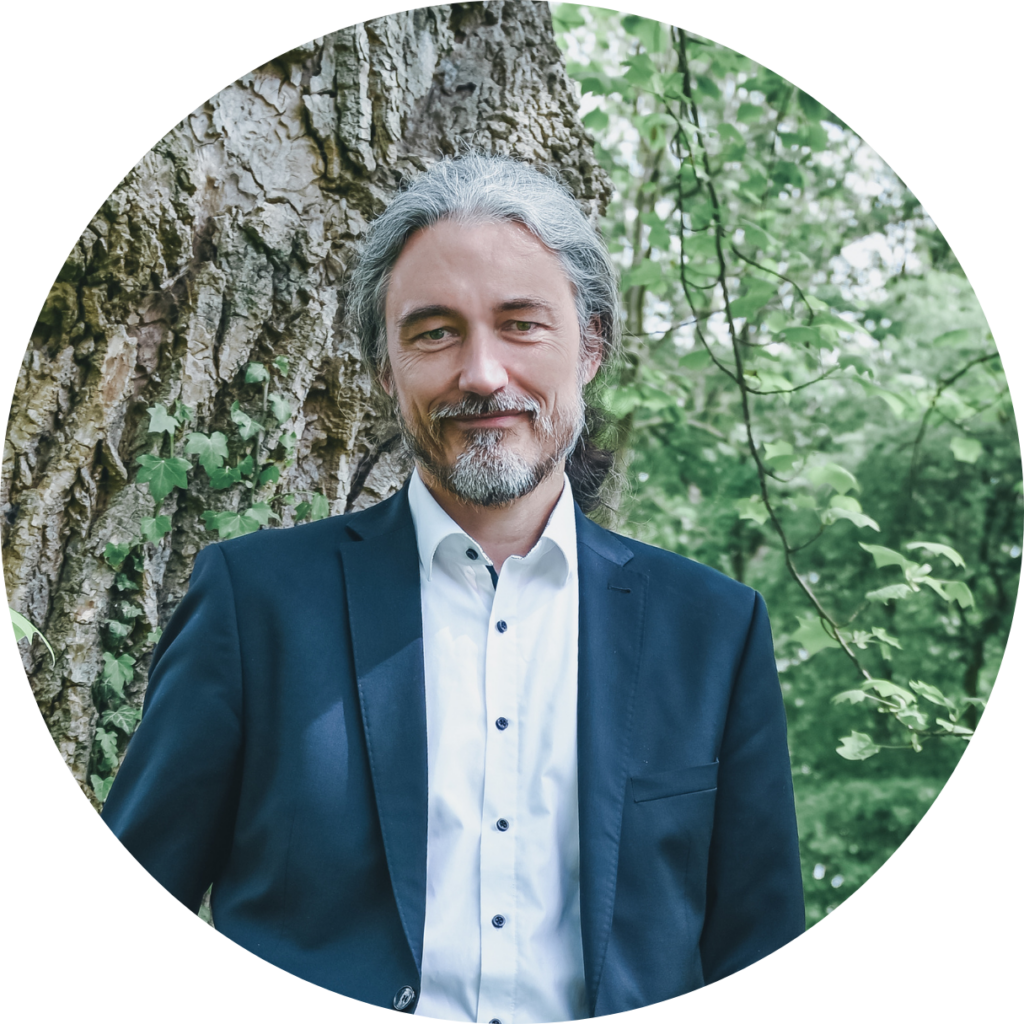
Thomas Hübl
Thomas is a visiting scholar at the Wyss Institute at Harvard University. Since 2019, he has been lecturing and giving workshops at Harvard Medical School on resilience, collective healing, and relationship skills for trauma healing.
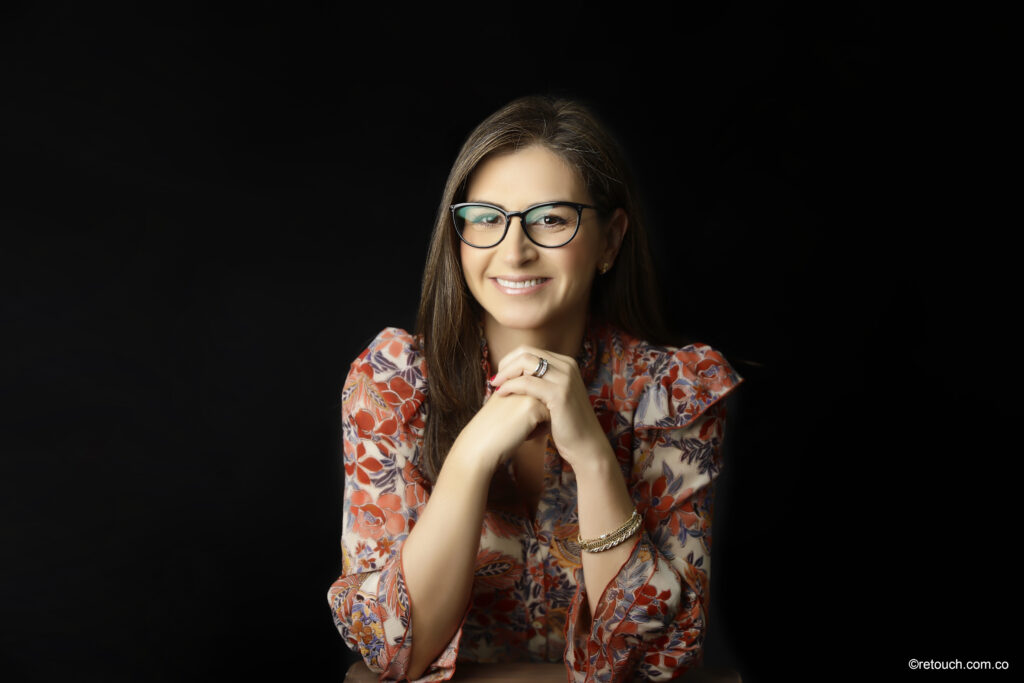
Stephanie Pizarro
Stephanie is a Colombian transformation facilitator, author, and experiential educator. As a researcher, she is committed to advancing the understanding of the quality of facilitation necessary for collective trauma integration in the social field.
Academic Publications
A. Wagner & N. Schäpke & J. Strasser & K. Matoba. (2024). Co-creating Resonant Societies in Times of Crises: Trauma, Polarization and Democracy. UNO-CRIS United Nations University Institute on Comparative Regional Integration Studies.
K. Matoba. (2024). Landscape of collective trauma and its integration. Family dynamik eJournal.
K. Matoba. (2024). Cosmopolitan Society and its Enemies. Cosmopolitan Civil Societies: An Interdisciplinary Journal.
A. Wagner & L. Herrmann & K. Matoba. (2022). Defining ‘Global Social Witnessing’. Research Gate.
K. Matoba. (2022). ‘Measuring’ collective trauma: a quantum social science approach. Springer Nature.
B. Buechner & D. Hartkamp & F. Silva & F. Steier & K. Matoba & L. Habib & R. Spann & S. Van Middendorp. (2022). Global Social Witnessing for Social Justice. Research Gate.
K. Matoba. (2021). The Science of Witnessing: A Quantum Approach. Bewusstseinswissenschaften, Transpersonale Psychologie und Psychotherapie.
K. Matoba. (2021). Global Social Witnessing: An Educational Tool for Awareness-Based Systems Change in the Era of Global Humanitarian and Planetary Crisis. Journal of Awareness-Based Systems Change.
Research Partners
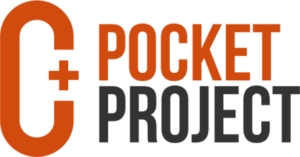
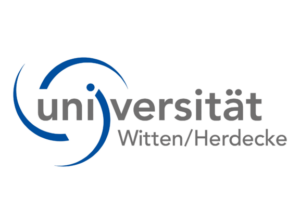
Interdisciplinary Research & External Resources
The study of collective trauma is a highly complex and multi-layered field that requires interdisciplinary approaches. We draw on insights from biology, neuroscience, psychology, cultural studies, anthropology, law, political science, indigenous knowledge, and sociology. Each of these disciplines provides unique and valuable perspectives, but when seen in isolation they show only a fragmented picture of the problem.
Our approach aims to bring together these different areas of knowledge and integrate them into an integrative framework. In doing so, we aim not only to develop a deeper understanding of the mechanisms and effects of collective trauma, but also to promote more effective strategies for awareness-raising and healing. Continuous engagement with current research enables us to gain evidence-based insights that can inform both policy decisions and practical action.
Our NGO “Pocket Project” positions itself as an interface between these diverse scientific perspectives, creating a platform that helps to overcome disciplinary boundaries. Through this integrative approach, we aim to contribute to advancing collective trauma research and developing innovative solutions to global challenges.